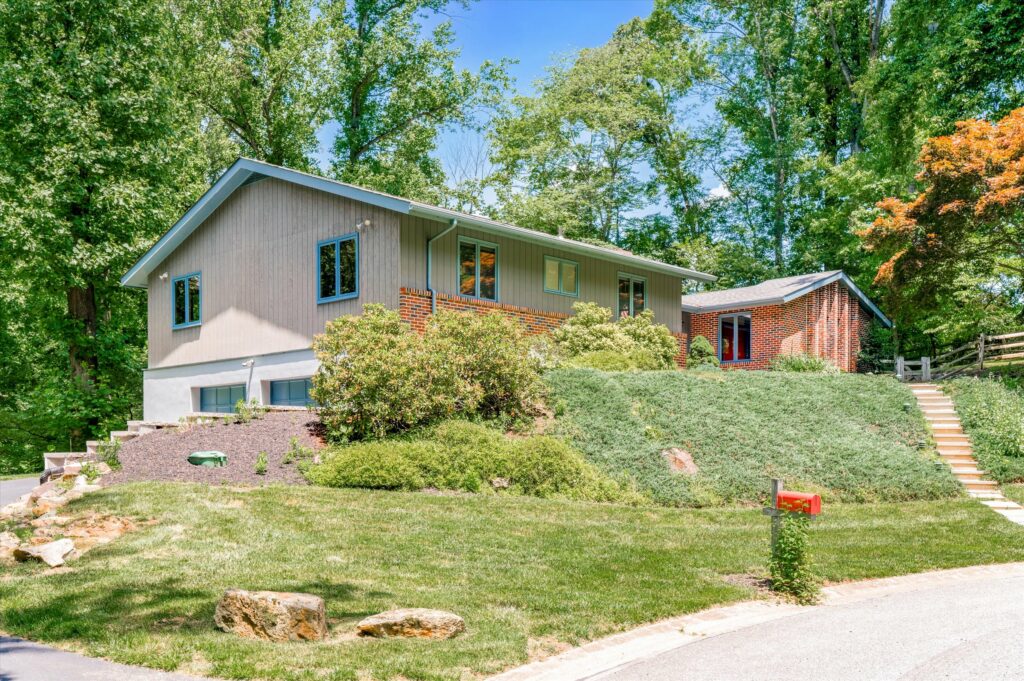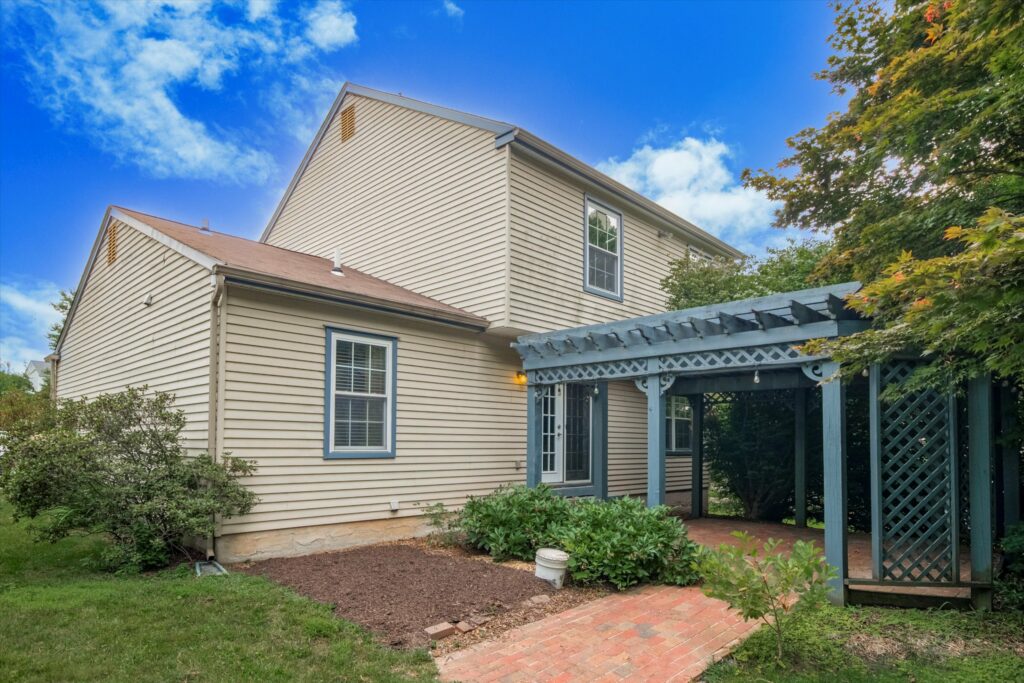
How Property Management Fees are Structured in Downingtown, PA
Hiring a good property management company is an asset for any property owner in Downingtown, PA looking to maximize their investment and minimize stress.
With their expertise in tenant screening, rent collection, maintenance, and legal compliance, a property management company can help ensure your property is well-maintained and profitable.
However, these services come at a cost. Knowing how much property management fees are and how these fees are structured will help you ensure you are getting good value for your money.
How Are Property Management Fees Structured?

Property management fee structure refers to the system or blueprint that guides the financial transactions between property owners and property management companies.
Generally, property management companies structure their fees in two main ways:
A Flat Fee
A property management company may charge a fixed monthly rate, regardless of the amount of rent collected. This structure is straightforward and predictable, as you know exactly how much you will pay each month.
A downside to this payment structure, however, is that where rental income is lower due to vacancies or other factors, the flat fee might represent a larger portion of the revenue, which could be seen as a disadvantage.
There is also a concern that property managers might be less motivated to maximize rental income since their fees don’t vary with the property’s earnings.
A Percentage of the Monthly Rent
Under this fee structure, the property management company charges a percentage of the monthly rent collected. This rate typically ranges from 4% to 12%. However, it is not fixed and can vary based on the location, type of property, and the services provided.
This fee structure works best for most firms as it aligns the interests of the property manager with those of the property owner, as the manager’s earnings increase with higher rents.
That being said, the fee structure can vary, depending on the company and the services offered.
Some companies may also charge additional fees for services such as maintenance coordination or tenant placement.
Additional Property Management Fees

Many property management companies also charge extra for specific services that go beyond the typical scope of managing your property.
These additional fees can cover a range of tasks from tenant placement to emergency repairs, so understanding these potential extra costs upfront is crucial for effective budgeting and financial planning.
To know how much property management fees are, you will need to factor in these additional fees:
Onboarding Fee
The onboarding fee, sometimes called the setup fee, covers the initial cost of setting up your property in the management company’s system. This one-time fee can range from free to up to $300, depending on the terms of agreement and the company’s policies.
Lease Renewal Fee
A lease renewal fee is charged when the property management company renews a lease with an existing tenant. This fee compensates the company for the time and effort involved in negotiating new lease terms and ensuring all paperwork is in order. The lease renewal fee typically ranges from free to up to $200.
Maintenance Fee
This covers the cost of regular upkeep and repairs of the property. This can include everything from fixing leaky faucets to major repairs like roof replacements. The exact amount can vary widely based on the nature of the work required and whether the property management company uses in-house staff or external contractors.
Advertising Fees
Advertising fees are charged for marketing the property to potential tenants. This includes listing the property on rental websites, creating advertisements, and conducting showings. These fees range from $100 to $200, depending on the extent of the marketing efforts.
Additional Service Fees
Some property management companies may charge additional service fees for tasks not covered under the standard management agreement. These could include eviction processing, court appearances, or extensive renovations. It’s important to discuss any potential additional fees upfront to avoid surprises later on.
Tips on Negotiating Property Management Fees
Negotiating property management fees can help you get the best deal possible. Here are some tips that will give you the most value for your money while maintaining a good working relationship with your property management company:
Bundle Services
Many property management companies offer a range of services including tenant screening, maintenance, rent collection, and more. Identify all the services you need and discuss a package deal with your property manager. A service bundle discount can simplify your dealings and lower the overall costs compared to paying for each service individually.
Long-term Contracts
Committing to a longer-term contract can be beneficial for both you and your property manager. Property management companies value the stability of a long-term agreement and might be willing to offer lower fees in exchange for an extended commitment.
However, ensure you have a clause that allows for periodic reviews of the contract terms, to give flexibility in case circumstances change.
Compare Multiple Companies
Don’t settle for the first quote you receive. Spend time researching and comparing the fees and services offered by various property management companies in your area. This not only gives you a better understanding of the market rates but also strengthens your negotiating position.
Discuss Fee Increases
Understanding how and when your fees can increase is crucial to maintaining a sustainable cost structure for property management. Some contracts may include clauses that allow for annual increases based on inflation or other factors.
During negotiations, discuss the specifics of how often fees can increase and by how much. You can negotiate caps on the percentage of the increase or extend the period between increases. Having transparent discussions about potential fee increases can help you avoid unexpected costs in the future.
Quality of Service vs. Cost
While negotiating for lower fees is important, ensure that it doesn’t come at the expense of service quality. The lowest fee is not always the best deal if it compromises the care and profitability of your property.
Evaluate the reputation, reliability, and efficiency of the property management company. Sometimes, paying a bit more can be justified by getting better service, good tenant retention, and less frequent vacancies.
A Property Management Company You Can Trust
At DoorLife Property Management, we offer a well-structured fee system that accommodates a variety of property management needs in Downingtown, PA, and many other areas we serve.
Our fees are tailored to provide flexibility and transparency, so property owners can choose from options that best fit their specific requirements and budget.
Contact us today to learn more about how we can serve you.
